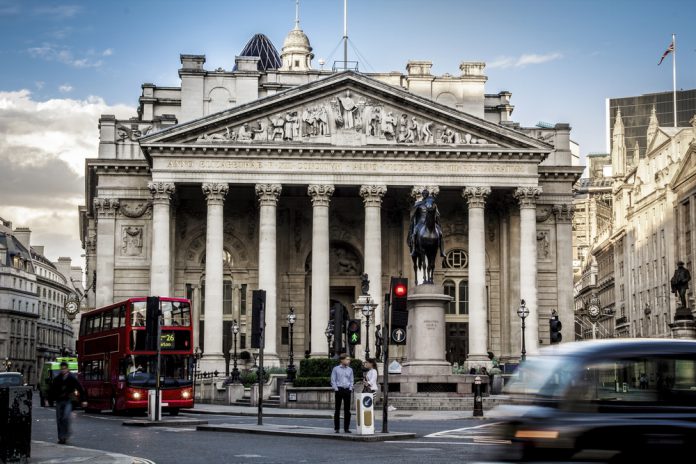MPs will begin an inquiry into the Bank of England’s monetary policy in the wake of the 2008 financial crisis, it was announced on Thursday.
The Bank of England has kept interest rates at record lows since 2008, currently sitting at 0.25 percent. However the Monetary Committee’s actions have recently sparked political controversy, with politicians questioning governor Mark Carney’s approach to monetary policy and insinuating that it may have been better to raise rates sooner.
The Treasury select committee have announced an investigation into the Bank of England’s interest rates, saying the loose monetary policy may have had “unintended consequences”.
The head of the Treasury select committee Andrew Tyrie said, “The efficacy of monetary policy or otherwise, its unintended consequences, and its prospects, need careful examination.”
This comes after Theresa May commented on Mark Carney’s performance as governor in a speech at the Conservative party conference. She made it clear that a “change has got to come” to the policies, which have made savers “poorer”.
This prompted an outpouring of criticism from other politicians, including Conservative MEP Daniel Hannan who said Carney should know his place: “It’s important to comport yourself as a quiet and discreet public servant.”
Ahead of the European Referendum Mark Carney argued that leaving the EU would be the “biggest domestic risk to financial stability”, despite many believing it was unprofessional of him to air his opinion in his position as governor. In response to the launch of the Treasury committee’s inquiry, Carney said that the Bank will “not take instruction on our policies from the political side.”
The Bank of England has traditionally retained autonomy over monetary policy, keeping it away from political control. Committee head Andrew Tyrie was keen to make it clear that this will remain the case:
“The Treasury Committee will continue to act as a safeguard on the operational independence of the Bank. The Treasury indemnity, which underpins parts of the Bank’s monetary policy, could all too easily encourage the Treasury, or politicians, to put undue pressure on the Bank.”

